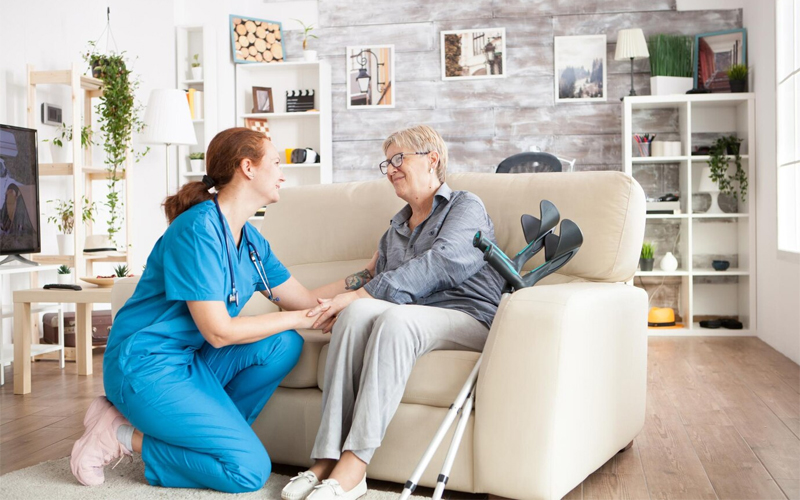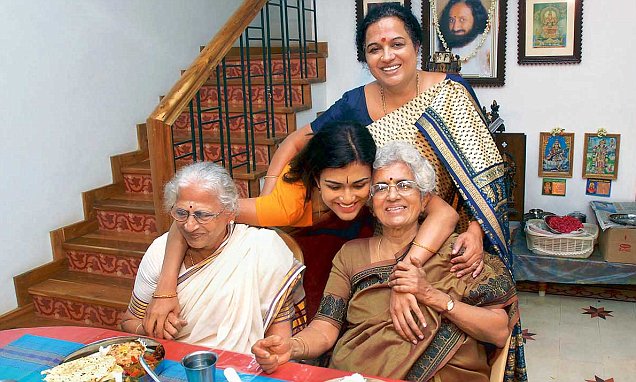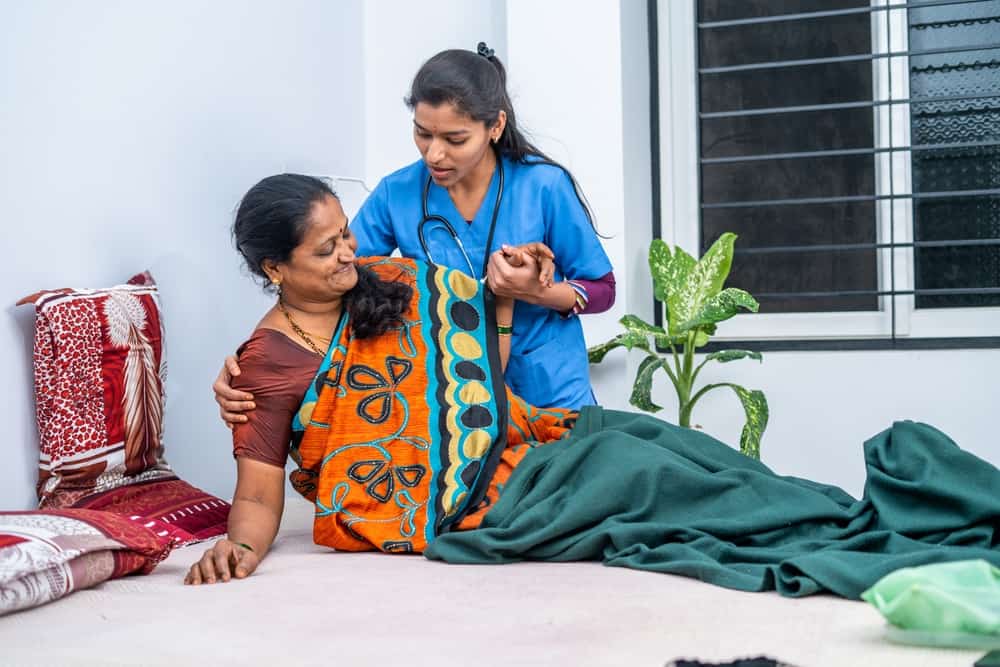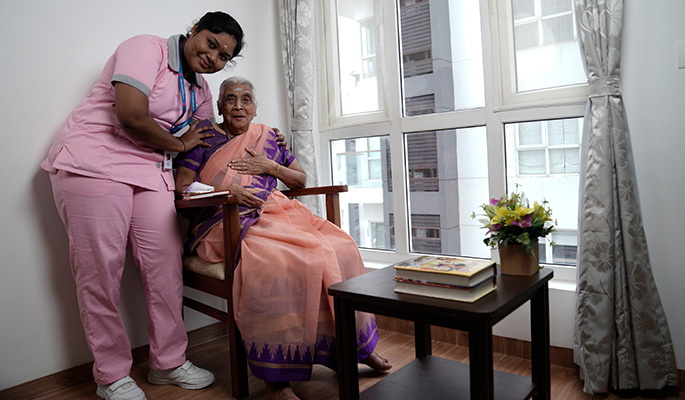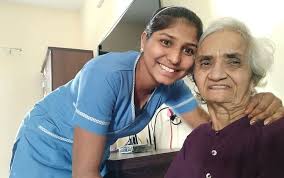Elderly care services in Bangladesh have gained increasing significance in response to the country’s demographic shift towards an aging population. With advancements in healthcare and improvements in living conditions, the elderly demographic in Bangladesh is growing, necessitating specialized services to address their unique needs. Recognizing the importance of ensuring the well-being of senior citizens, various organizations and government initiatives have emerged to provide comprehensive elderly care services.
These services encompass a range of offerings, including healthcare, social support, and recreational activities tailored to the specific requirements of the elderly. In terms of healthcare, specialized medical facilities and home healthcare services have become more prevalent, ensuring that seniors receive timely medical attention and assistance with their daily activities. Moreover, the integration of technology in healthcare services allows for remote monitoring and quick response to emergencies, enhancing the overall quality of care.
Social support is another crucial aspect of elderly care services in Bangladesh. Community centers, day care programs, and support groups provide a platform for seniors to connect with peers, engage in meaningful activities, and share their experiences. This social aspect contributes significantly to the mental and emotional well-being of the elderly, reducing feelings of isolation and loneliness.
Government initiatives play a pivotal role in shaping the landscape of elderly care services. Policies aimed at promoting the rights and dignity of senior citizens, coupled with financial support for caregivers, contribute to the sustainability of these services. Additionally, public awareness campaigns help educate the population about the challenges faced by the elderly and the available support systems.
In conclusion, the evolution of elderly care services in Bangladesh reflects a commitment to ensuring a dignified and comfortable life for the aging population. As the demand for these services continues to grow, ongoing collaboration between government, non-profit organizations, and the private sector is essential to create a robust and inclusive framework for elderly care in the country.

